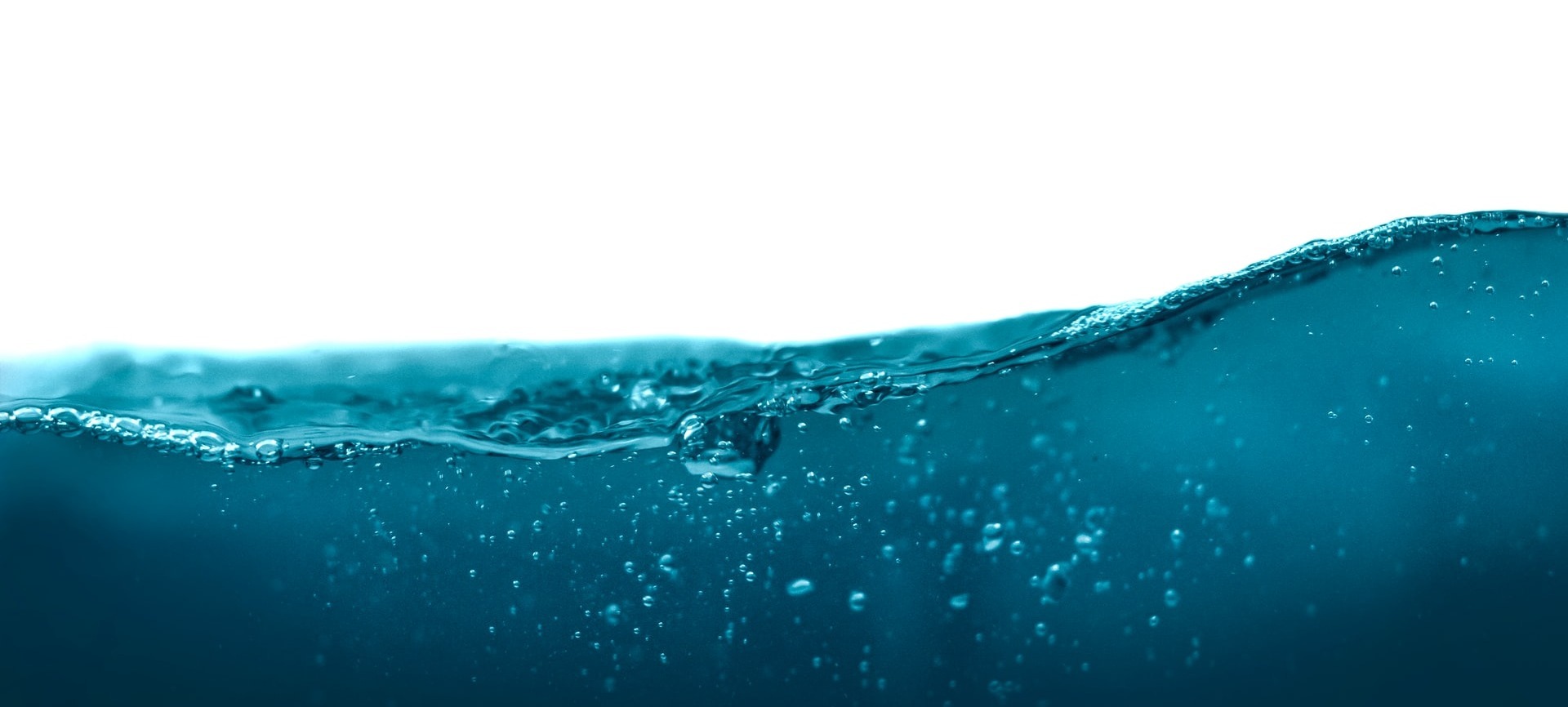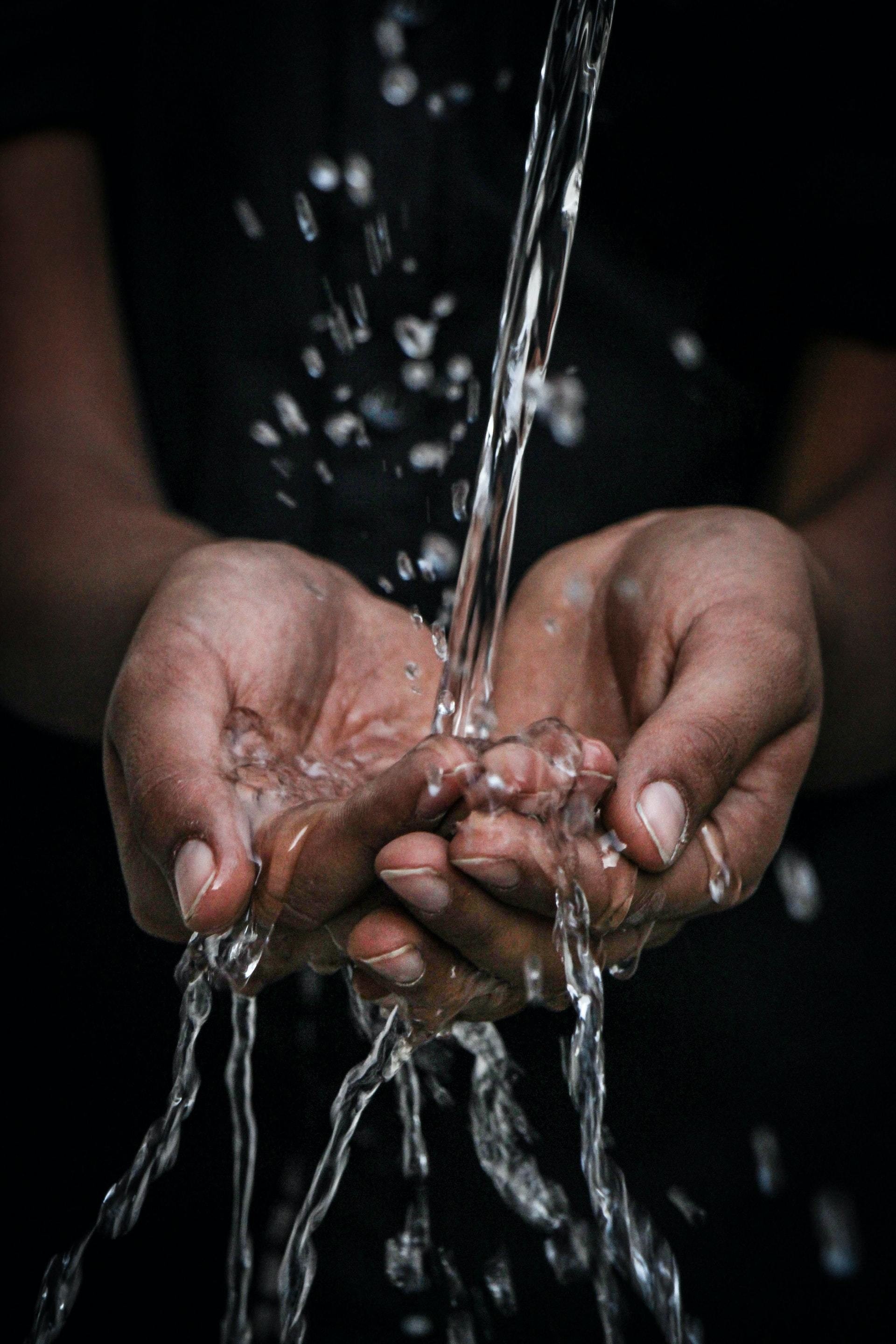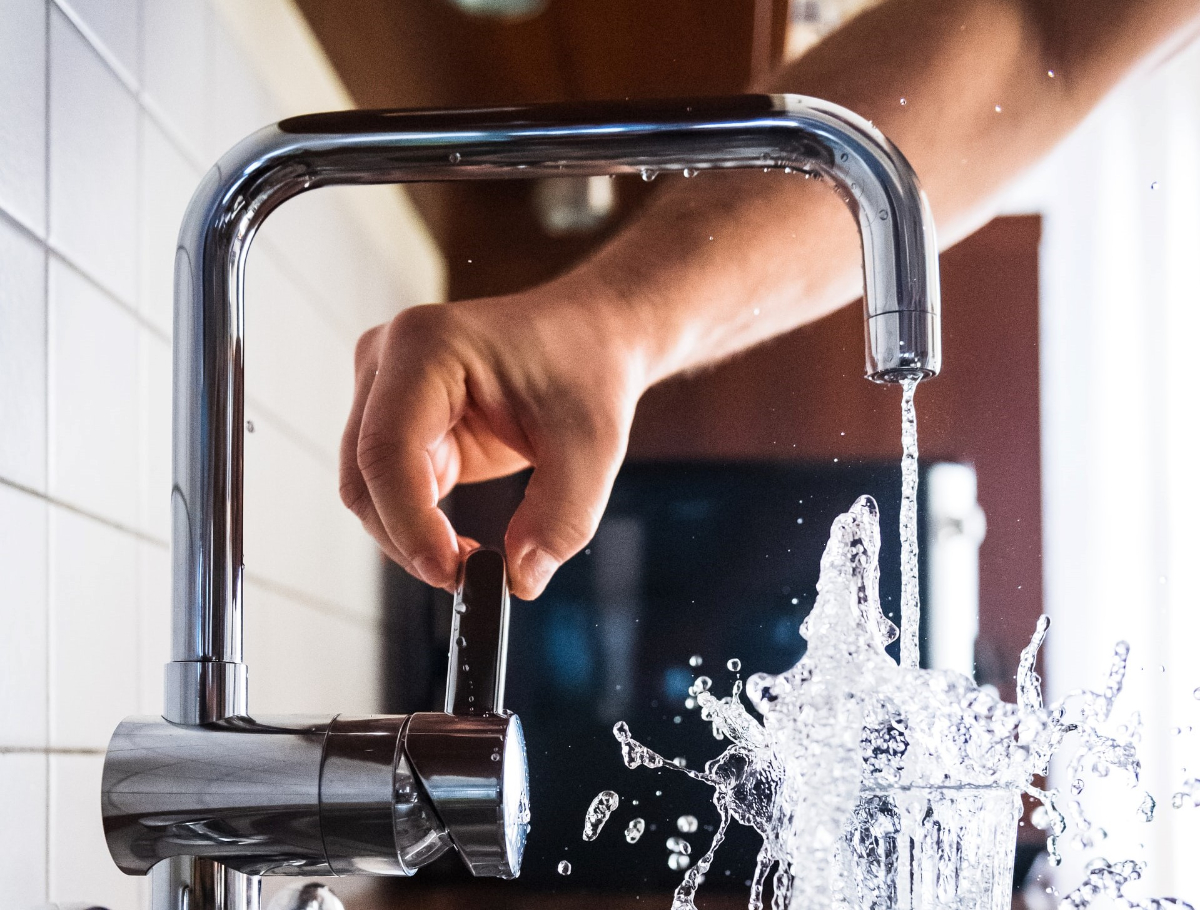This article looks at: what is the mains commissioning process? Mains commissioning will ensure that the system is chlorinated, flushed and pressure tested. Find out what you need to know.
What is the Mains Commissioning Process?
Mains commissioning is an integral part of getting your new or existing water supply connected to the main supply of water.
You should ensure that the following processes have been carried out and you have the relevant certification to prove they have been done. Failure to meet strict hygiene standards may result in the local water board preventing you from connecting to the water main and incur costs.
Mains Commissioning
We complete each of the services below to the highest standard possible:
The Chlorination Process: This is a process of cleaning the entire water system to ensure that it is free from pathogens and ready to be connected. This process is vital for your supply to be free from any water-borne diseases. It also allows you to trust that the water you drink from your system is safe and clean.
Flushing: Flushing is the process of forcing a large amount of water through your system to clean it out. This service is usually done if there is any evidence of water discolouration, as it is a serious cause for concern. Discolouration usually happens when the various networks of metallic mains age and create iron deposits. Flushing the whole system of any iron or other materials is the most effective way to resolve this issue.
Scouring or Swabbing: When flushing does not remove the iron deposits in your water system, we use specialist equipment to scour the mains with air or water or physically clean them by swabbing. Scouring or swabbing can be especially useful for mains made from Polyethylene or PVC.
Pressure Testing: Testing the pressure of your system is another crucial service we have to offer. We do this to check if there are any leaks throughout the water system to ensure that it will continue working at maximum efficiency. We record the water flow by using a digital flow gauge and can identify leaks this way. You can save a lot of money and future hassle by catching a leak before connecting your water system to the main supply.
Water Tank Cleaning: This process can be done both before and after connecting the mains supply. If you decide you want your water tank cleaned after connecting to the mains supply, you can continue to use your water system as there is no change to the water flow. We will work to ensure that your system is free from any nasty bacteria.
All our services are designed to ensure your safety when using your water system. We have a few more services that are not mentioned here, so please look at our website or contact us to find out more.

What Are The Different Types Of Commissioning?
Project commissioning includes the testing, adjusting, and balancing of construction works. These tasks are done before, during, and after the construction. All the equipment, services, and control, electrical, energy, fire, HVAC, lighting, plumbing, and drainage systems must be evaluated to ensure they are integrated, installed, and run efficiently.
The activities and documentation must be validated to see if they complete the following criteria: defect-free, duly documented, can be removed and replaced, follow the operating and maintenance manual, installed correctly, inspected, and tested fully, maintained safely, meet the owner's project requirements, meet the basis of design, operate efficiently in line with the expected energy evaluations, and are understood by a trained building team.
Monitoring-Based Commissioning (MBCx)
After the construction stage, occupancy, and operations for a building have taken place, monitoring-based commissioning will be performed. By undergoing monitoring-based commissioning, you can save money on any system diagnostics and repairs.
The data from building management, control, and energy systems, is collected and then sent to a data-processing software to be analysed. This will show whether the systems are operating in line with the intents of the design. If there are issues that could affect the energy usage, maintenance, or plant replacement, then the building systems must be enhanced, investigated, or tuned.
New Construction Commissioning (NCCx)
This is the most common type of commissioning for new projects. A project team completes certain processes and tasks as a project is being constructed. The team includes building operators, clients, commissioning consultants, main, sub, and balancing contractors, MEP designers, testers, and vendors.
Ongoing Commissioning or Re-Commissioning (OCx)
This commission aims to evaluate, inspect, and validate a building's equipment, services, and systems. These are all checked to comply with the commissioning records, the Energy Model documentation, and the intent of the building's design. The team that undertakes this type of commissioning includes the balancing contractors, building operators, commissioning consultants, testers, and tradesmen.
Buildings require maintenance to ensure it is running as optimally as they can and that they run per the design and expectations of the original manufacturer. The overall maintenance programme for a building may include this type of commissioning or if the building's equipment or systems have been modified.
Retro-Commissioning (RCx)
When a building has been handed over, but its equipment, services, or systems have not been fully commissioned, retro-commissions are usually undertaken.
The building may not be fully agreed to undergo a full commission by the property owner, however rare this may be. However, once the usage of the building is agreed upon and known by all tenants, the property owner will demand a retro-commission to take place to meet the use and requirements of the tenants.
HOW TO COMMISSION A NEW WATER MAIN
To ensure that the commissioning of the new water main is done properly, private main owners or the Water Authority will demand proper certification and a certain degree of quality work. See below for the thorough procedures that must be done to ensure proper connection.

How are New Water Mains Commissioned?
To ensure water main commissioning is done correctly and the level of contamination is minimised, vital instructions must be obeyed.
Firstly, the mains must be pre-charged by filling them with water and ensuring that any debris is mobilised and ready to be effectively removed by swabbing. Now that the air is removed, a foam cylinder is inserted into the pipe. This cylinder should measure larger than the dimensions of the internal pipe. We recommend that it is between 1cm to 2cm longer and wider so that it does not roll within the pipe. The pipe will ideally be swabbed from one end to the other as many times as required.
To check for any leaks in the pipework, a pressure test is performed. The minimum pressure should be read at 10 bars before full data logging and analysing. After passing the pressure test, the pipe will then undergo a full flush. Flushing is important to remove the light debris and any problems with the smell or taste. It is advised to flush a minimum of 2 pipe volumes.
Disinfecting the pipe comes next, chlorinating using the correct dose of sodium hypochlorite. To avoid high levels of chlorine that can damage the coating of hydrant and fittings, avoid directly injecting chlorine. After adding the chemicals, the levels should be accurately measured using colour comparators, digital equipment, or test strips. The chlorine is allowed to sit from an hour to sixteen depending on whether Water Authority assets are being worked on.
In the next stage, the chlorine should be flushed from the pipework until the exiting water shows consistent levels of chlorine as recorded in the supply main. After completing a full water analysis of the new main, samples are taken. A UKAS-accredited laboratory must always be used to analyse these samples.
In the final stage, the pipe should be sealed by valves or disinfected compression endcaps. As a rule of thumb, always use 100mg of Chlorine Spray. Certificates are distributed for correctly and fully completing these pressure and chlorination tests. These certificates should be sent off to the appropriate private owner of the main, or the Water Authority, to allow a new main to be connected.
The Importance of Correct Commissioning
Correctly commissioning is as important as clean water. Water main systems connect the supply of water to taps for drinking water. We need to reduce and eliminate any risk of contaminated water in the mains to ensure the health of those that use it, as well as to avoid any potential prosecutions and hefty fines.
Contamination Risks
No small quantity of debris is formed when digging holes in the ground to install pipework. This debris can inevitably find its way into pipes and pollute the water. The levels of contamination caused by the simple installation of pipes are significant. Joining pipes together can cause plastic fragments to release into the water, eventually leading to main systems in buildings.
When it comes to minimising contamination, a good installer and quality storage methods are the defining factors. They prevent soil, dirt, and even insects and animals from entering the pipes.
If you are looking for mains chlorination certificates in Southampton and the surrounding areas, contact our expert consultant today. We can help you with mains chlorination services throughout Southampton, Portsmouth, Hampshire and the surrounding areas.
Contact us today for Chlorination Certificates in Basingstoke, Southampton and Portsmouth.
